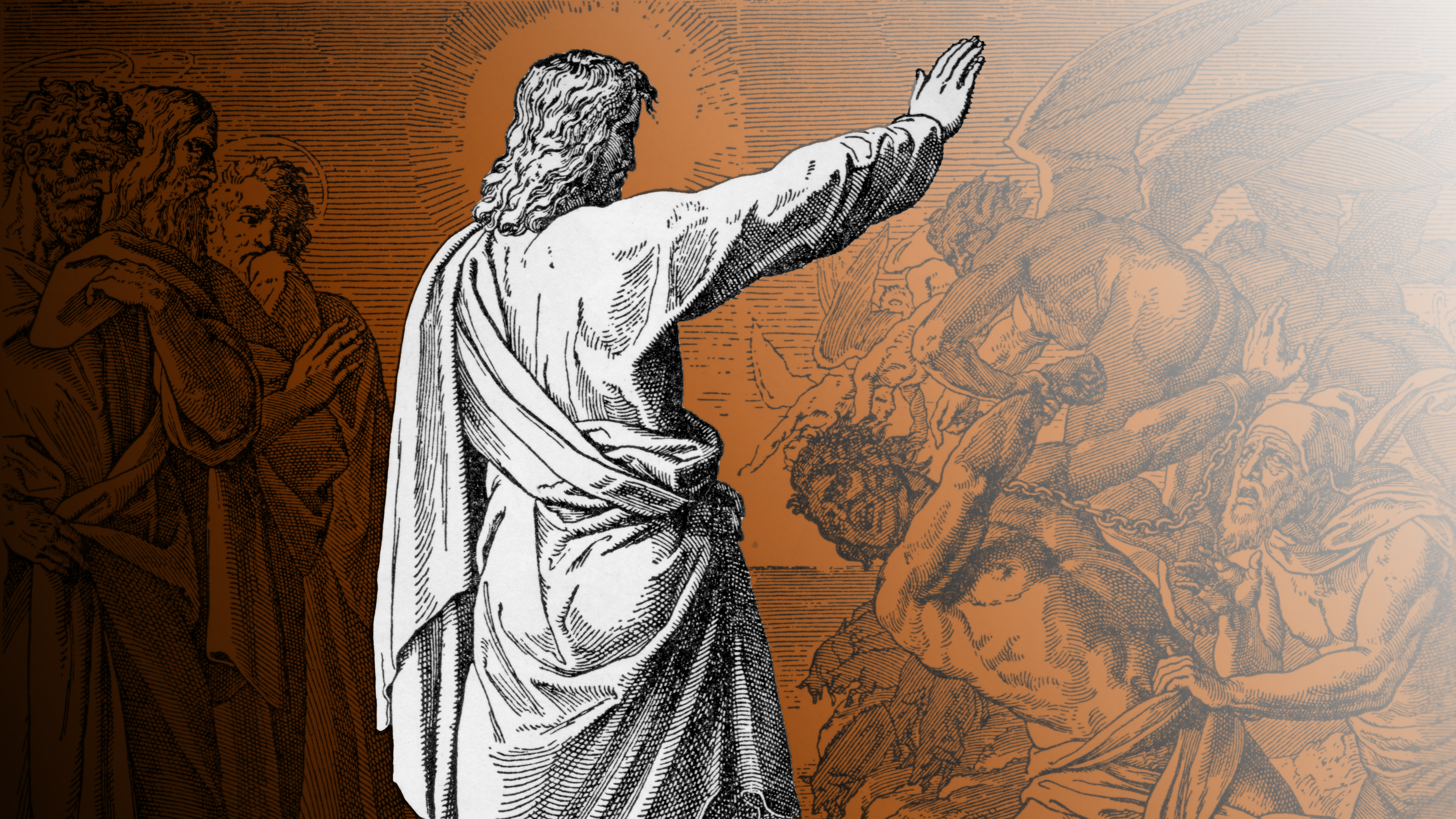

I just want to tell some of our vanilla listeners that refers to bondage, dominance, submission, sadomasochism, sexual practices. On a more extreme end, you've talked about BDSM. That touches on several things that I mentioned in the intro, like watching horror movies, listening to sad songs. Mills: So, let's dig into the connection, then, between suffering and pleasure just a little bit more. I think something deeper, which is we're not only interested in pleasure, and some of the voluntary pain and suffering and struggle we pick up is in service of other goals, like morality, or having a meaningful life, having a life of transcendent value. Why do we get a kick out of it? Why do we get a kick out of spicy foods and BDSM and all sorts of things, scary movies? But as I began to write the book and read and talk to people and think about this, I made the argument that there's something else going on. Mills: Well, why do you believe, then, that some pain and suffering are necessary in life?īloom: When I started writing this book, I had one answer in mind, which was, I was very interested in the role of pain and suffering as a source of pleasure. The puzzle I'm interested in is why do we sometimes seek them out? So, typically pain, effort, struggle, emotional anguish are bad. But another way of putting it is, if we don't want to use the word suffering at all, I'm interested in why we voluntarily expose ourselves to experiences that, under normal circumstances, we would avoid. I was trying to think of another single word – “bad experience” is as close as I could come to it. Mills: So we're a little bit limited, then, by our language? I mean, English doesn't have many nuances for those types of strains that we place on ourselves.īloom: That's right. Why do we like chicken vindaloo or spicy foods? Why do we like the effort of a crossword puzzle? And so, if somebody says, “Oh, that's not suffering in my heavy duty sense,” I totally agree. It includes effort, including severe effort, but also milder stuff. So, it includes the pain you might experience running a marathon, or BDSM. I'm very interested in extremes of pain or anguish, but the puzzle I set myself to solving is why we pursue suffering in a broader sense. Some people only use suffering to refer to real heavy duty experiences, and I'm very interested in those. It's important for us to be clear what we're talking about. So what's your definition?īloom: Yeah, I think it's important. That's a pretty strong word, and some people might think that an experience must be really terrible in order to be categorized as suffering, but you take a wider view. So let's start first by talking about what you mean by suffering. Well, we're going to be talking about a lot of those. Paul Bloom, PhD: Thank you for having me, Kim.

And in addition to scientific publications, he writes for popular outlets, including the New York Times, The Atlantic and The New Yorker. He is co-editor of the journal Behavioral and Brain Sciences. More broadly, he studies how children and adults make sense of the world, with a special focus on pleasure, morality, religion, fiction, and art. His most recent book is The Sweet Spot: The Pleasures of Suffering and the Search for Meaning.


Paul Bloom, a professor of psychology at the University of Toronto and the Brooks and Suzanne Ragan professor emeritus of psychology at Yale University. Why do we do these things? What do we get out of the pain and suffering that we choose to experience? What does it add to our lives?Īnd what about pain that we don't choose? Do illness, poverty, or the death of a loved one add meaning our lives? Does unchosen suffering make us better, stronger, or more moral? Or is it always a bad thing? Welcome to Speaking of Psychology, the flagship podcast of the American Psychological Association, that examines the links between psychological science and everyday life. We choose to run marathons and to raise children, even though both of those pursuits inevitably come with struggle and pain. But why, then, do people often seek out hardship? Many of us like to watch scary movies or listen to songs that make us cry. Kim Mills: What makes for a good life? You might think that the best life would be one of unadulterated happiness, where moments of pain and suffering never intrude on your comfort and joy.


 0 kommentar(er)
0 kommentar(er)
